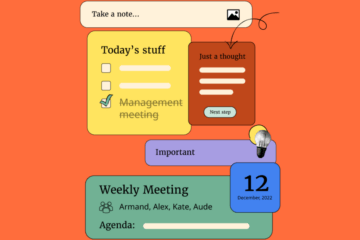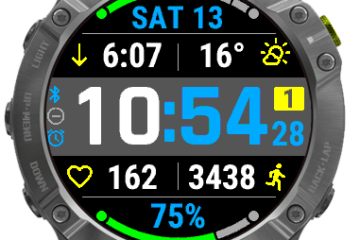Within days of its release on July 6, the mobile game “Pokemon Go” became a runaway smash success. Less than two weeks after its debut, it already has more daily users than Twitter and people spend more time with the game than on Facebook. But as the game’s popularity has soared, so have concerns about the enormous amounts of personal data developer Niantic Inc. might be collecting from the growing base of Pokemon devotees.
When the game was released, users who signed in with their Google accounts were asked to give the developer full access to those accounts; Niantic has said that request was an accidental oversight and has already released an update scaling back on the information it collects. But the incident reminds increasingly app-centric consumers to pay careful attention to what data they are sharing when they download the latest game.
Among the information you might be offering up: your name, phone number, precise location at any given time, activity in the app, call log, and network connectivity.
“Mobile applications collect personal data for lots of reasons, most of them legitimate,” said Sam King, chief strategy officer for cybersecurity company Veracode in Burlington. “Consumers often choose to hand over their data, in effect exchanging some of their privacy for some convenience or service.”
The information could be used in the function of the app — a messaging program might need access to your contacts, for example. But once the data have been shared, the result is out of your control. The information could be used to target advertising or it might be sold to third parties.
Anytime a company has a rich repository of personal information, it becomes a much more tempting mark for hackers, and an alarming number of companies do not encrypt the data they collect, King said.
So what’s an app-happy consumer to do?
First off, be wary of third party app vendors, which can be riddled with malware, King said; stick to Google Play and Apple App Store. And though it might be time-consuming, pay careful attention to the terms and conditions of any app you download. If the app demands more data than you want to give, reconsider how much you want that particular program, King advised.
“If you have any doubts about why an app requires certain permissions or data,” she said, “you’re better off leaving it alone.”
[Source:- The Boston Globe]



